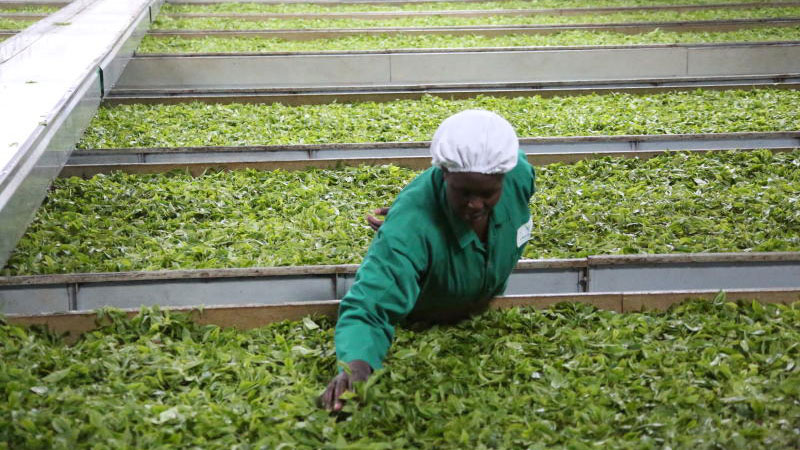
The numerous on-going court cases on proposed wage hikes contained in various Collective Bargain Agreements (CBAs) in the tea sub-sector, which mainly pits workers’ unions against tea companies, have produced predictable clashes.
Unions argue, among other things, that the wages in the sector are low, while defenders of business, big and small, warn of dire consequences should there be any wage increases. It is true that, workers look up to high end-earners in other professions and have high expectations but production has not increased to allow above-inflation wage increases.